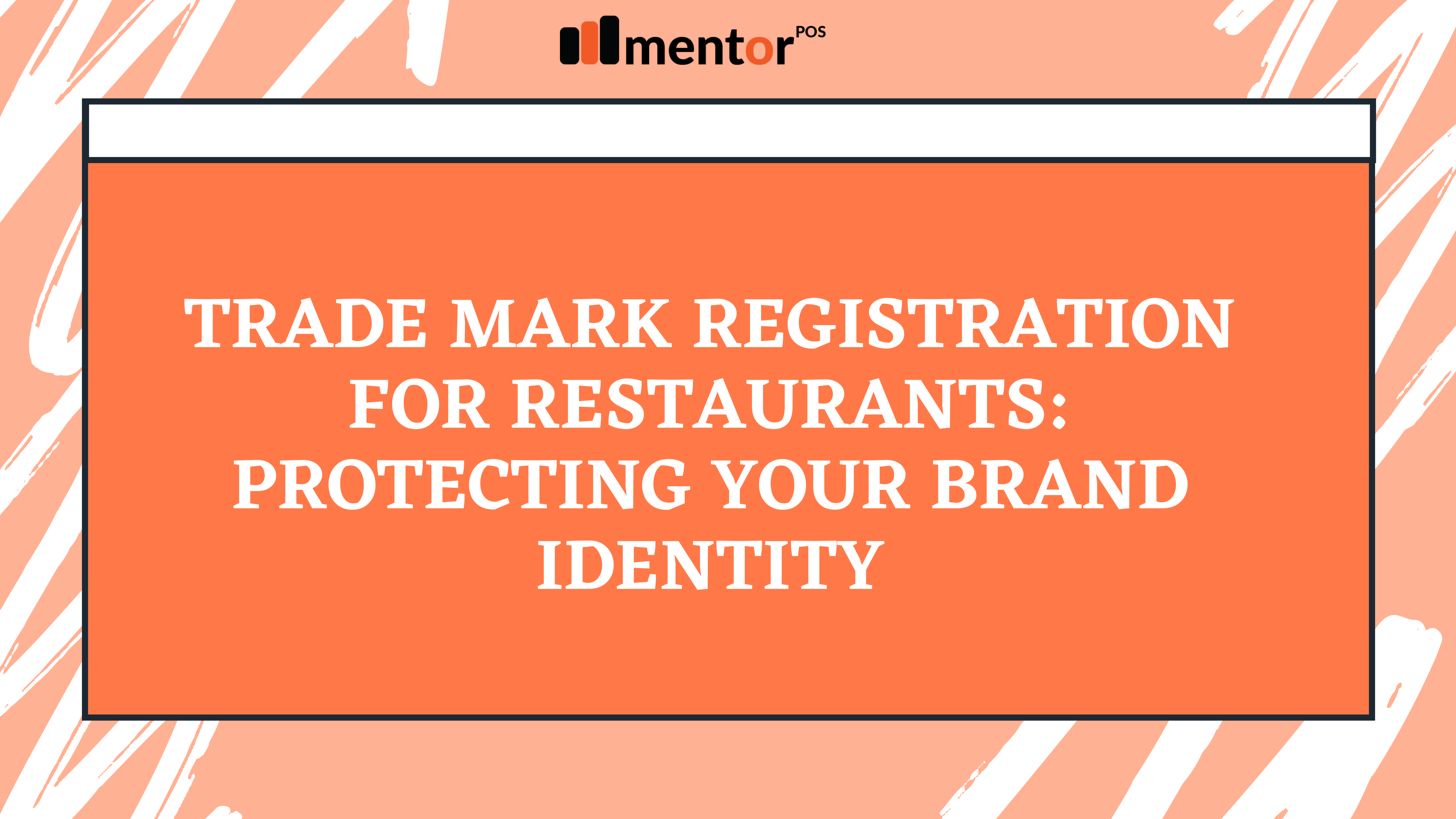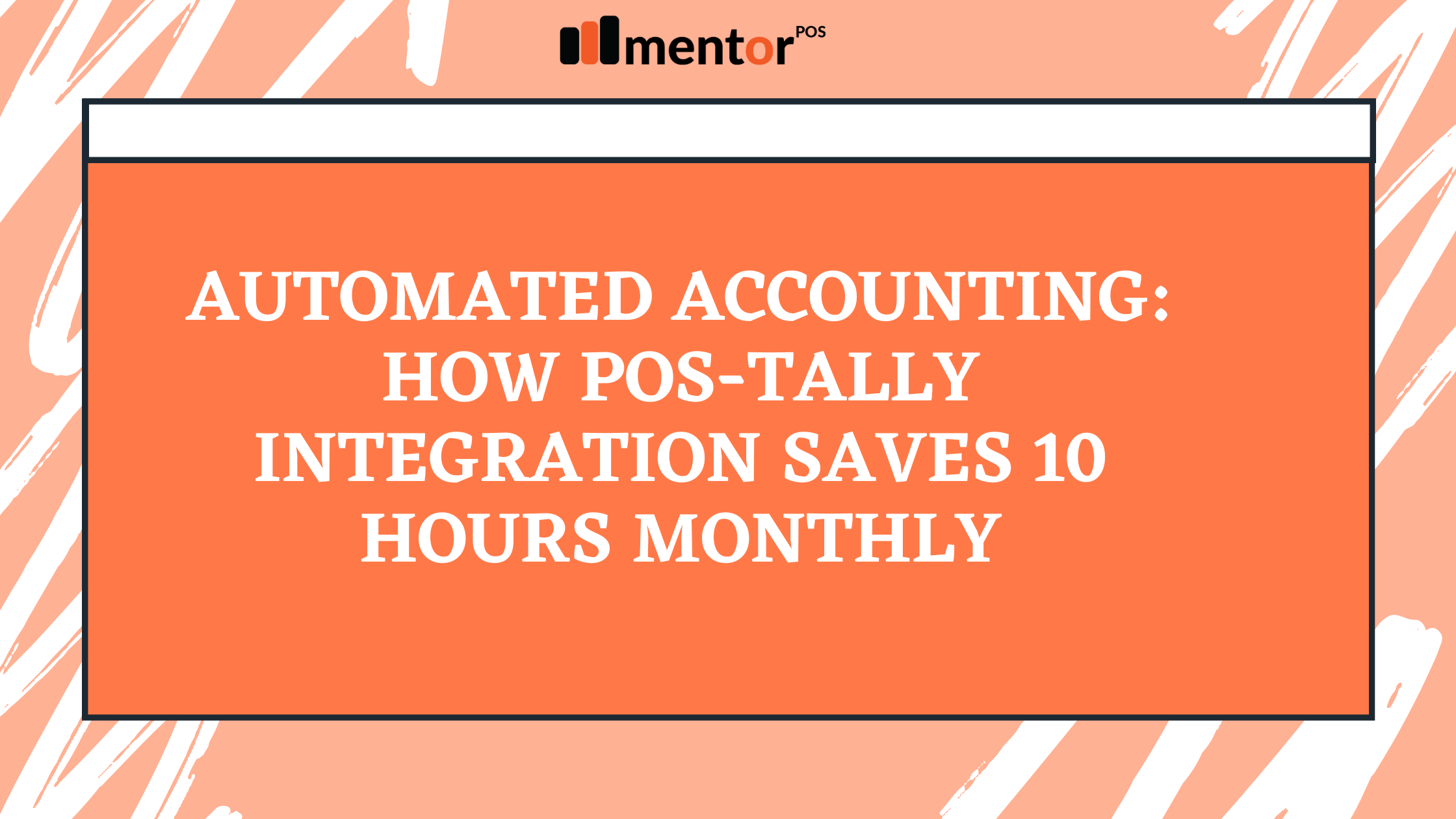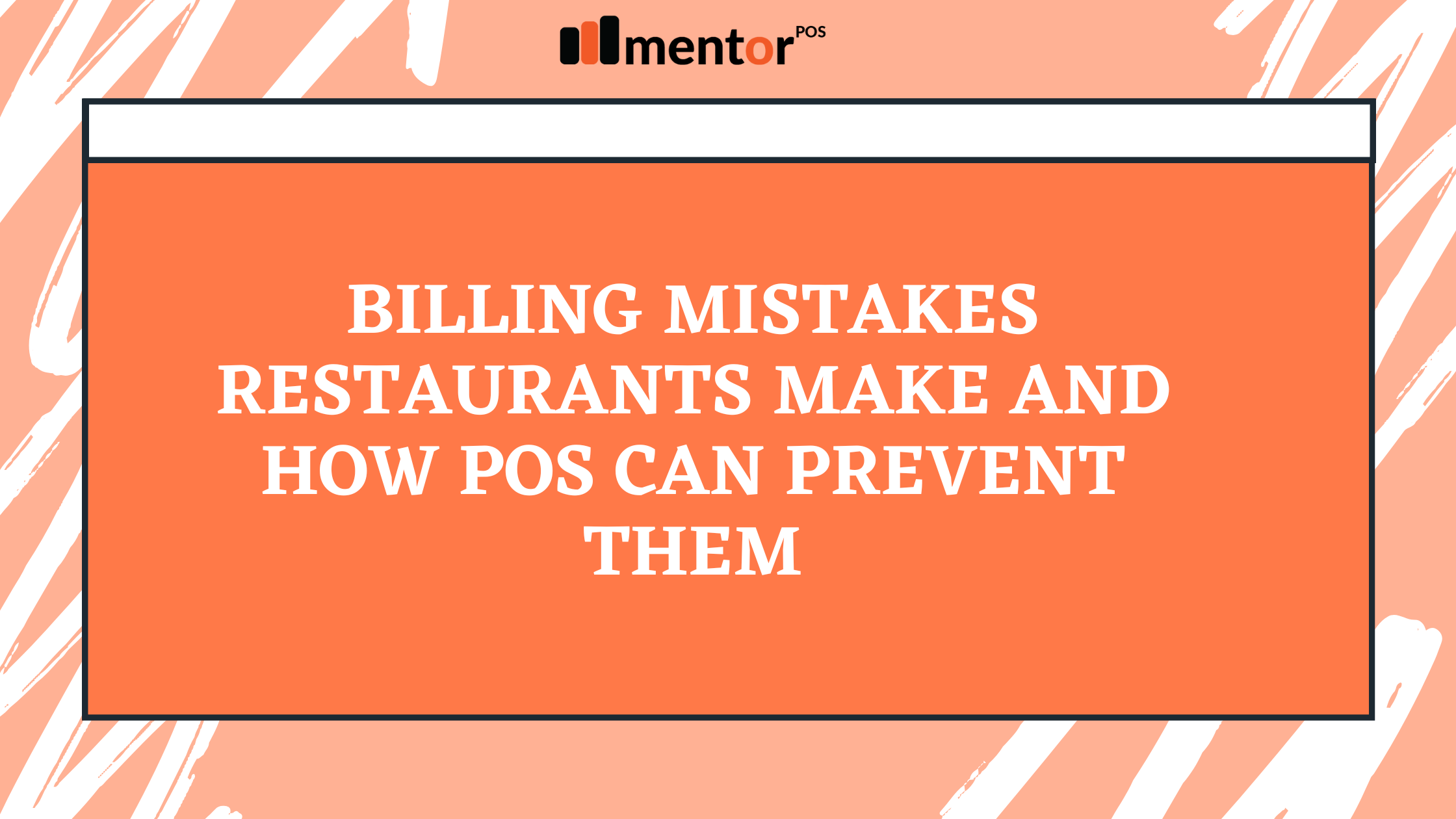In today’s competitive food industry, restaurants are not just about serving good food—they are about creating experiences, building trust, and establishing a unique brand identity. From your restaurant’s name and logo to the signature dish that keeps customers coming back, every element contributes to how people perceive your brand. But what happens if another business uses a similar name, logo, or tagline? That’s where trademark registration becomes essential. For restaurants, protecting intellectual property through trademarks is no longer optional—it’s a necessity for long-term growth and credibility.
What Is a Trademark in the Restaurant Industry?
A trademark is a unique sign, symbol, word, or design that helps customers identify and distinguish your restaurant from others. In the food and beverage sector, trademarks often cover brand names, logos, slogans, menu items, and even the distinctive packaging of takeaway boxes or food delivery containers.
For instance, think about popular chains like McDonald’s, Domino’s, or Starbucks. Their logos and names are instantly recognizable worldwide. This recognition is backed by strong trademark protection, ensuring no competitor can misuse or copy their identity to confuse customers. Similarly, even local restaurants can benefit from securing trademarks to protect their unique brand presence in the market.
Why Restaurants Need Trademark Protection
1. Safeguarding Brand Reputation
A restaurant spends years building a reputation for quality, taste, and service. If another business uses a similar name or logo, it can mislead customers and potentially harm the original brand’s reputation. Trademark registration ensures exclusive rights to your brand identity, giving you the power to stop unauthorized use.
2. Gaining a Competitive Edge
In a city full of eateries and cafes, a registered trademark helps your business stand out. It gives you legal ownership of your identity, making it easier to compete and scale. Whether you’re expanding to multiple outlets or launching food delivery, trademarks add legitimacy to your brand.
3. Attracting Investors and Partnerships
Investors and franchise partners often look for legally secure businesses before associating with them. A registered trademark builds confidence that your brand is protected and can be safely expanded.
4. Preventing Legal Disputes
Operating without trademark protection can lead to expensive lawsuits if another business claims rights over a similar name or design. Registration minimizes such risks and ensures your rights are recognized in court.
What Can Be Trademarked in a Restaurant?
Restaurants have multiple assets that qualify for trademark protection. Some of the most common include:
- Restaurant Name – The unique name under which your eatery operates.
- Logo & Tagline – The visual and verbal identifiers of your brand.
- Signature Dishes or Beverages – If your dish has a unique name (like “Butter Chicken Masala Special™”), it can be trademarked.
- Packaging Design – Takeaway boxes, coffee cups, or delivery bags with distinctive designs.
- Interior Themes (in some cases) – Unique décor elements that define your restaurant’s identity.
By covering these elements under trademark protection, you ensure your entire brand ecosystem is secured.
The Process of Trademark Registration for Restaurants
Trademark registration in India follows a structured process. Here’s how restaurants can go about it:
Step 1: Trademark Search
Before applying, conduct a thorough search on the Intellectual Property India website to ensure no one else has registered a similar name or logo. This step prevents future objections and disputes.
You can check existing trademarks in India before applying for a new one through the official Intellectual Property India portal here.
Step 2: Filing the Application
Submit your application with the Controller General of Patents, Designs, and Trademarks. The application includes details like the brand name, logo, class of goods/services (restaurants fall under Class 43), and supporting documents.
Step 3: Examination of Application
The trademark office examines your application for compliance and uniqueness. If issues arise, you may be asked to provide clarifications.
Step 4: Publication in Trademark Journal
Once approved, your trademark is published in the Trademark Journal for public review. If no opposition is raised within four months, the process continues.
Step 5: Registration Certificate
After successful publication, you receive the registration certificate. Your trademark is now legally protected for ten years and can be renewed thereafter.
Also Read: Liquor License for Restaurants: Types, Cost, and How to Apply
Documents Required for Trademark Registration
Restaurants need to submit certain documents to complete the registration process:
- Identity proof of the applicant (PAN, Aadhaar, Passport)
- Address proof of the business
- Logo design (if applicable)
- Incorporation certificate or partnership deed (for companies/LLPs)
- Power of Attorney (if filed through an agent or lawyer)
These documents help establish the legitimacy of your brand and ownership claim.
Cost and Timeline
The cost of trademark registration in India depends on the type of applicant. For individuals and startups, the government fee is ₹4,500 per application, while for companies it is ₹9,000 per application. Professional fees for trademark consultants or lawyers may be additional.
The timeline usually ranges from 12 to 18 months, depending on objections or oppositions. However, once filed, you can start using the ™ symbol immediately. After final approval, you get the ® symbol, signifying full protection.
The Long-Term Benefits of Trademark Registration
Trademark registration is not just a legal formality—it’s an investment in your restaurant’s future. It creates an intangible asset that adds value to your business. Whether you plan to sell your brand, expand into franchising, or license your products, a registered trademark significantly enhances your brand valuation.
Moreover, in an era where online food delivery and social media marketing dominate, brand recognition is crucial. A registered trademark gives your restaurant credibility and helps build a loyal customer base that trusts your authenticity.
Final Thoughts
For restaurants, trademark registration is about much more than logos and names—it’s about protecting the soul of your brand. It ensures that the hard work you put into creating memorable dining experiences isn’t diluted by copycats or competitors. By securing your trademarks early, you safeguard your reputation, build customer trust, and position your restaurant for sustainable growth.
If you’re planning to open a new restaurant or expand an existing one, make trademark registration one of your top priorities. After all, in the food industry, your brand identity is just as important as the flavors you serve.







